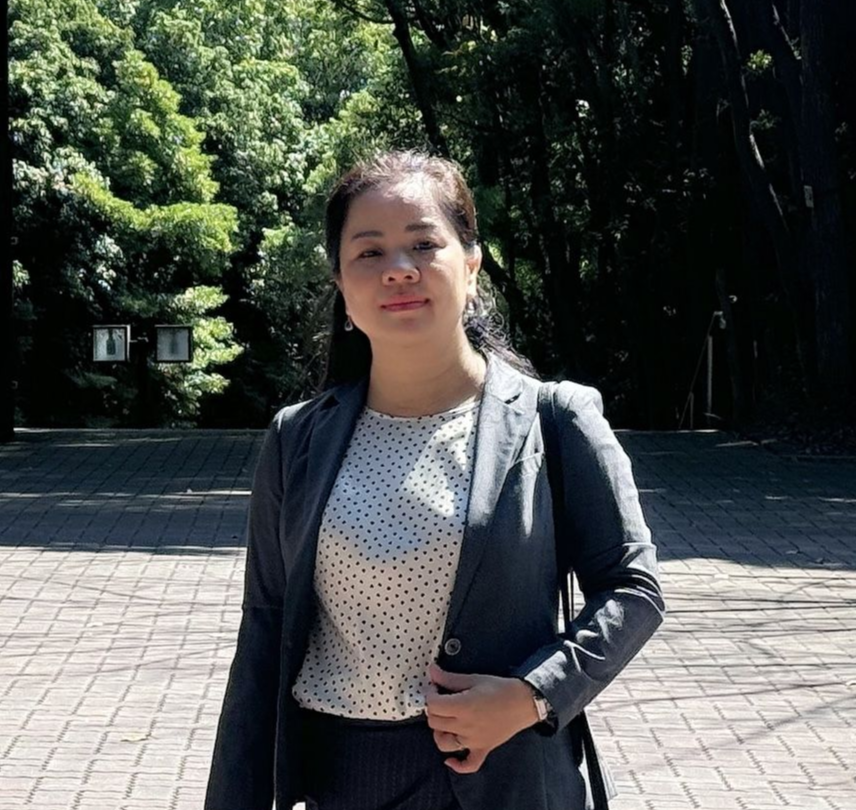The ASEAN Sustainable Leadership in Infrastructure Programme 2024 provided valuable insights into the complexities of sustainable infrastructure development. Key highlights included the focus on Environmental, Social, and Governance principles, innovative financing mechanisms, and effective stakeholder engagement. The program fostered a deep understanding of the challenges and opportunities in developing sustainable infrastructure within the ASEAN context. A crucial takeaway was the importance of systems thinking and integrated planning to address the interconnectedness of infrastructure systems and their impact on the broader environment and society.
The knowledge and skills gained from ASLIP 2024 have significantly influenced my approach to infrastructure development in my current role. I have integrated ESG considerations into project evaluations, ensuring that environmental and social impacts are thoroughly assessed. The program's emphasis on stakeholder engagement has enhanced my ability to build consensus and foster collaboration among diverse groups, leading to more inclusive and sustainable outcomes. Furthermore, the principles of systems thinking have enabled me to adopt a more holistic perspective, considering the long-term implications of infrastructure projects on the surrounding communities and ecosystems.
To fully benefit from the ASLIP experience, future participants should actively engage in discussions, share their experiences, and build strong relationships with fellow participants and faculty. It's crucial to approach the program with an open mind and a willingness to challenge conventional thinking. Participants should actively seek opportunities to apply the concepts learned during the program to their own work contexts, thereby reinforcing their understanding and maximizing the practical application of the knowledge gained. Finally, staying connected with the ASLIP network after the program can provide ongoing support and facilitate continued learning and professional growth in the field of sustainable infrastructure.



